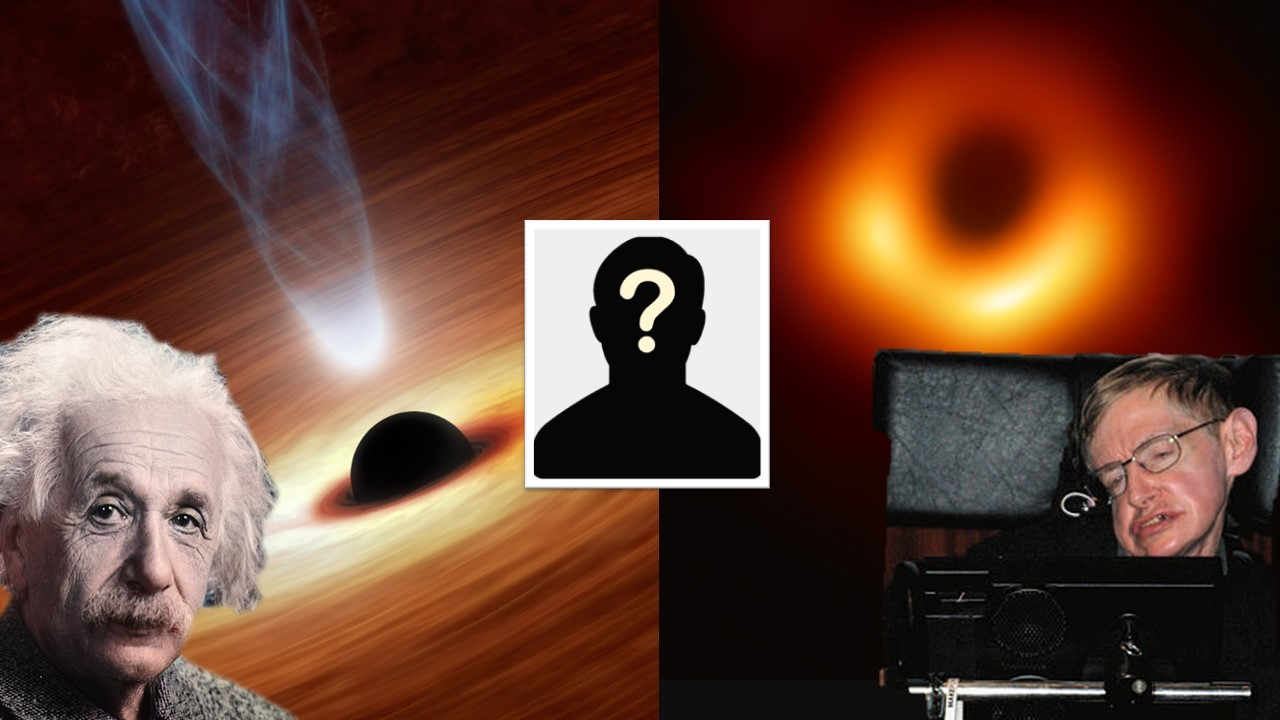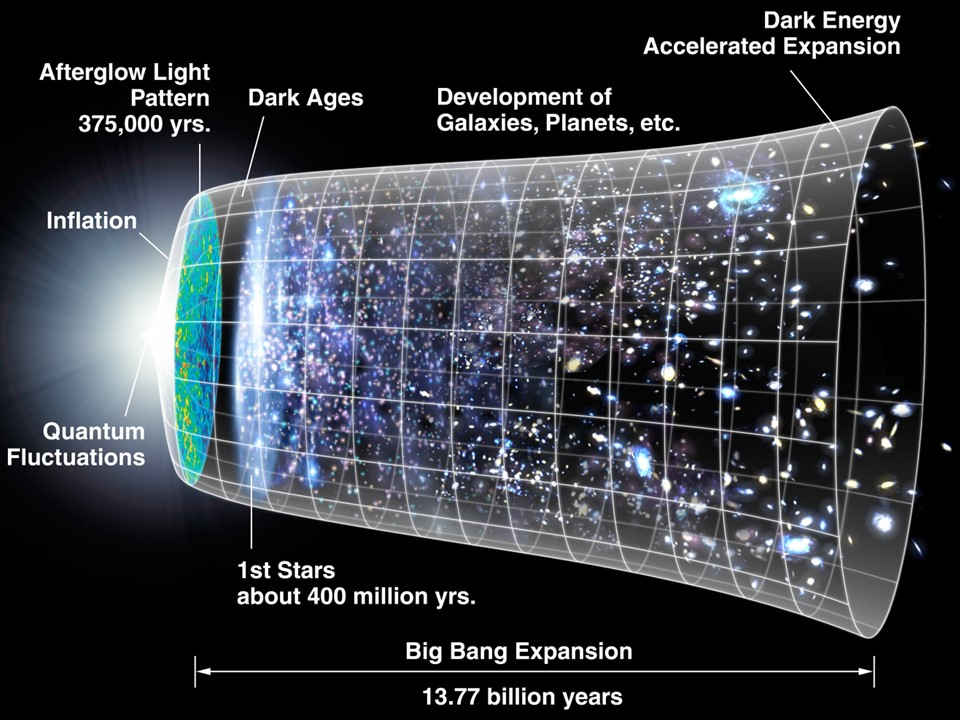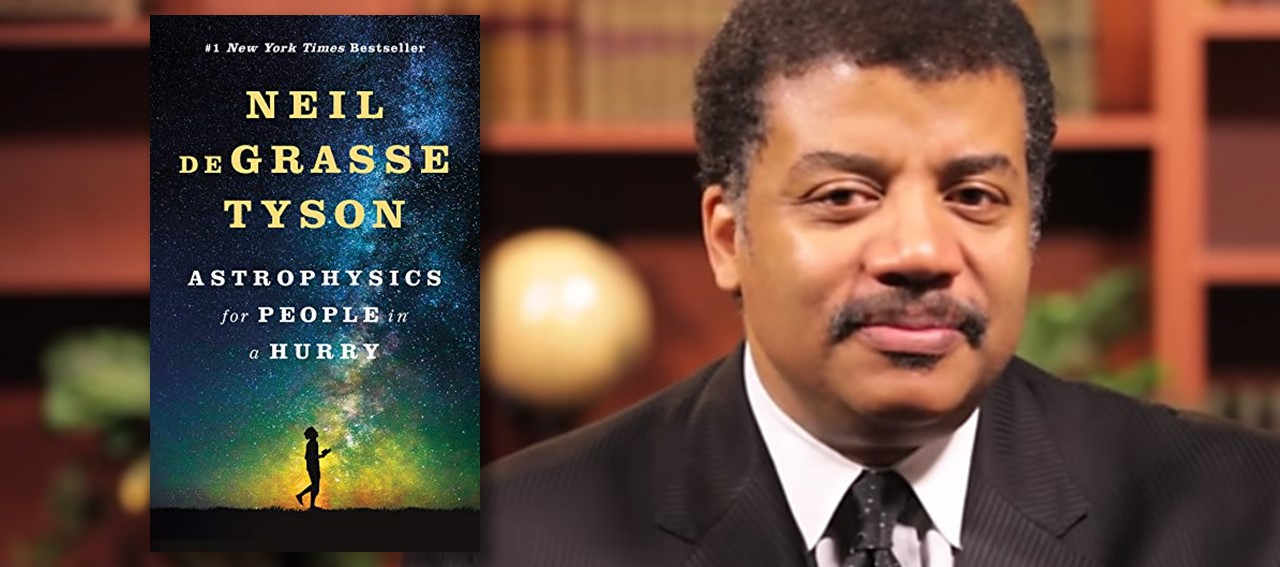

When will black hole form
Birth of black hole





1. Every newspaper in the world has a daily column on astrology. How many papers carry even a weekly column on astronomy? – this is a major, disappointing difference between the two fields, as pointed out by Carl Sagan.
2. Astronomy is a practical science built upon technical skills such as in observation, mathematics and computer programming. Astrology does not demand such complicated knowledge.
3. If you delete all of human history, astronomy will come up again in exactly the same manner since it is based upon facts and figures. Whereas, astrology is a product of the human imagination and will acquire different shapes and forms.
4. There is a Nobel Prize for astronomers who make great advances to our understanding of the universe – astronomy being a branch of physics. In astrology, there is no such honor.
5. According to astrology, the position of a planet such as Saturn can trigger a life changing influence on an individual located on some corner of the Earth. Astronomy denies this claim.
6. After decades of research, astronomy has reached to the conclusion that life on earth is made from elements that were forged in the core of dying stars – a poetically beautiful truth. Astrology could not have reached to this sophisticated result.
7. Historians say that astrology is 2,500 years old. On the contrary, astronomy is vastly older. The first human beings depended on astronomical events for various activities, such as in agriculture and navigation. This developed into questions like, "What's out there?" and into inventions like the telescope.
8. Hence, astronomy is a natural tendency (aka curiosity) whereas astrology is derived, from observations and results in astronomy. Astrology is something that people turn to thinking it would have answers to life's problems.
9. Astronomy is a healthy activity for kids to get involved in. Astrophotography is one way to get started. Whereas, a sincere belief in astrology puts children inside boxes and they grow up asking dumb questions like, "What's your star sign?" to measure compatibility.
10. Reading astrology may be comforting to some people, but at only a superficial level. On the contrary, astronomy appeals to the very core of a person and may inspire them to paint a timeless piece like the "starry night".



Robert Oppenheimer was an American physicist who is often called the father of the atomic bomb. Despite making significant contributions to the fields of quantum mechanics and astrophysics, Oppenheimer is famously remembered for his role in the Manhattan project.
From an early age, Oppenheimer was interested in arts and sciences. He wrote poetry and enjoyed solving physics problems. In a letter to his bother, dated 14 October 1929 Oppenheimer admitted: "It is occasionally true, that I need physics more than friends."
Oppenheimer is also known as a defender and promoter of science in the post war world. He toured Europe and Asia, giving lectures on the history of science, the role of science in society and the nature of the universe.
Regarding his part in the Los Alamos laboratory, Oppenheimer said: "You cannot stop such a thing if you are a scientist. It is good to find out how the world works. It is good to turn over to mankind the greatest possible power to control the world, and to deal with it according to its lights and its values."
At the same time, Oppenheimer was aware of the increasing political misuse of scientific discoveries, which is why, he joined Albert Einstein and Bertrand Russell in establishing the World Academy of Art and Science. It was started to discuss the major concerns of humanity.

Following are five quotes by J. Robert Oppenheimer on science:
1. Science is not everything, but science is very beautiful. (last published words, 1966)
2. There is no place for dogma in science. The scientist is free, and must be free to ask any question, to doubt any assertion, to seek for any evidence, to correct any errors. (1949)
3. Science is the basis for radically new technological developments. Most people, when they think of science as a good thing, when they think of it as worthy of encouragement, have in mind that the conditions of their life have been altered just by such technology, of which they may be reluctant to be deprived. (1948)
4. It is a profound and necessary truth that the deep things in science are not found because they are useful; they are found because it was possible to find them.
5. Science starts with a preconception, with common sense. It moves on to observation, is marked by the discovery of paradox, and is then concerned with the correction of preconception. It moves then to further observation and for more refined experiment. (1958)
Oppenheimer was a polymath who obtained a PhD degree aged only 23, under the guidance of physicist Max Born. He served as the director of the Institute for Advanced Study in Princeton, where Einstein was a resident scholar.
Under his directorship, Oppenheimer brought together the most brilliant minds of his time such as Bohr, Fermi, Dirac, Bethe and Feynman. In 1963, Oppenheimer was recognized by the president of United States with Enrico Fermi award.
A biographical film by Christopher Nolan is scheduled to be released this year, starring actor Cillian Murphy as Robert Oppenheimer. It is based on the book, American Prometheus: The Triumph and Tragedy of J. Robert Oppenheimer.


